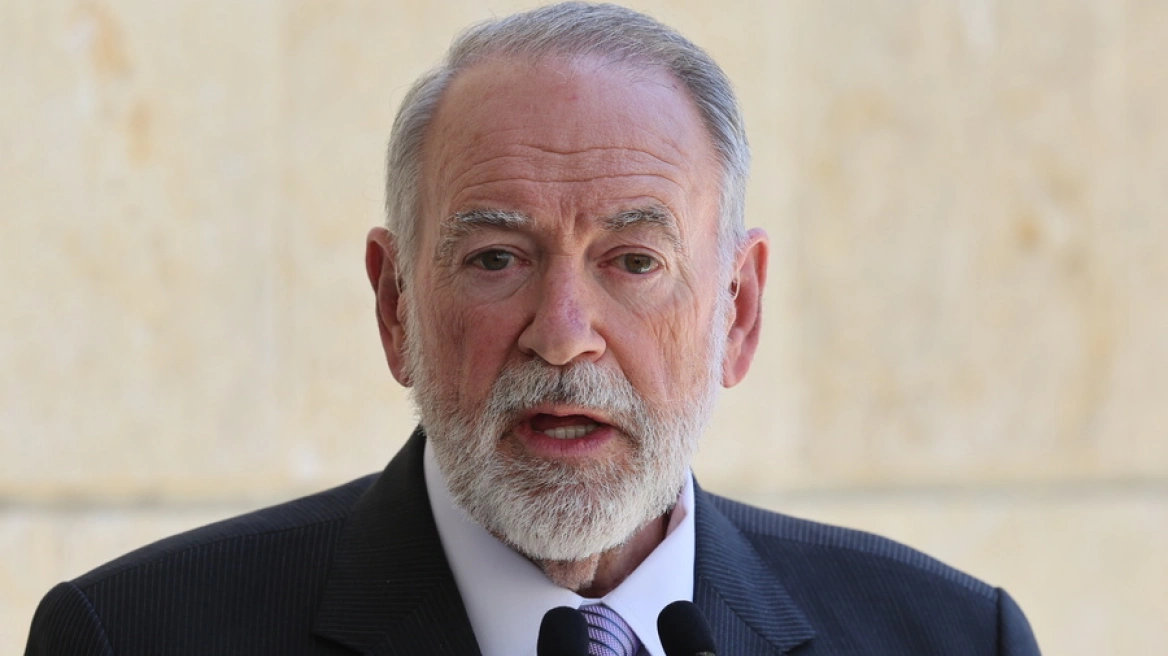When two people decide to marry, they sign an agreement that states that henceforth they will be the most important people in each other’s lives. Naturally, all couples are allowed to argue with each other, for any reason, but if a third party “threatens” the bond by criticizing or entering a conflict with one of the two, then it is automatically expected that the partner will take their spouse’s side. If this does not happen on a steady base, then someone can assume that something is amiss in the relationshiop.
What happens in the case where the third party is none other than a parent (or the parents) of the spouse? The truth is that, in such cases, the bounders go awry. Loyalty to our family orgins is usually so strong that it can tear us between two camps without us being able to take a side. We hear criticism and accusations “stereophonically” bombarding us from all directions that, in actual fact, outrage us as our guilt and fear that the problem may take greater dimensions causes us to pretend that “there is no problem.” Unfortunately, this stand usually brings about the polar opposite result that we hope to achieve. The problems that we try to ignore, not only continue to be there but they also become even more intense.
In-law problems (particularly those between daughter-in-laws and mother-in-laws) transcend time as far as couples problems are concerned. Huge friction can even lead to divorce, and sometimes in the complete alienation of parents from the new family – both cases are equally as destructive and painful for those involved. For this reason, it is important that the couple try to understand the forces at play behind the problems being presented between the couple and their parents and in-laws. Couples need to discuss the problems with each other, and not hide their actual feelings. They need to listen to each other with care.
Problems between our partners relationshiop with our parents automatically become our problems. We are not justified in ignoring them or distancing ourselves from our own responsibility. Here are two examples: If our parents demand that we spend every Sunday at their house, something that may place pressure on us and our spoulse and we (for whatever reason) have difficulty turning down the invitation, it is easy to blame the refusal on someone else. We may be unconsciously telling our sopuse, “I can’t place boundaries on my relationshiop with my parents, and I’d like you to do this for me.” Another case may concern our partner’s behaviour, however we may not be able to openly broach this hence support our view with our parents’ statements e.g. a mother who calls her son-in-law (on behalf of her “cowardly” daughter) lazy and useless. We may unconsciously be sending our mother the message that we need her protection and giving her the right to get involved.
Another problem is that our relationship with our parents – like all relationships – present certain dysfunctions that we consider “ordinary” as we have grown up in these, and hence are unable to evaluate them in the same way that our spouse does. The best way to surpass the negtivity of these dysfunctions is to approach them in a non-confrontational way and with an open mind.
Anger, bitterness and disappointment are a common part of our relationshiop with our partner’s parents. It is worth remembering that the conflict that a person may feel when torn between two families is insufferable and, hence, our effort to cultivate a good relationship with his parents may be one of the best gifts we can offer. Just like all relationshiops, it is another relationship that requires good spirits and, above all, a lot of work!
Do you have a problem that concerns you? Our resident psychotherapist Zeta Stravopodi is willing to address any personal matters. E-mail her on z.stravopodi@gmail.com
Zoe Stravopodi-Gianno works as a psychotherapist and offers advice to individuals, couples and families. She also coordinates groups interested in achieving self-awareness and personal growth. In 2012, she established “Parents School” to give parents advice as to how to navigate the choppy waters of parenthood regarding the healthy emotional growth of their children.
Ask me anything
Explore related questions





